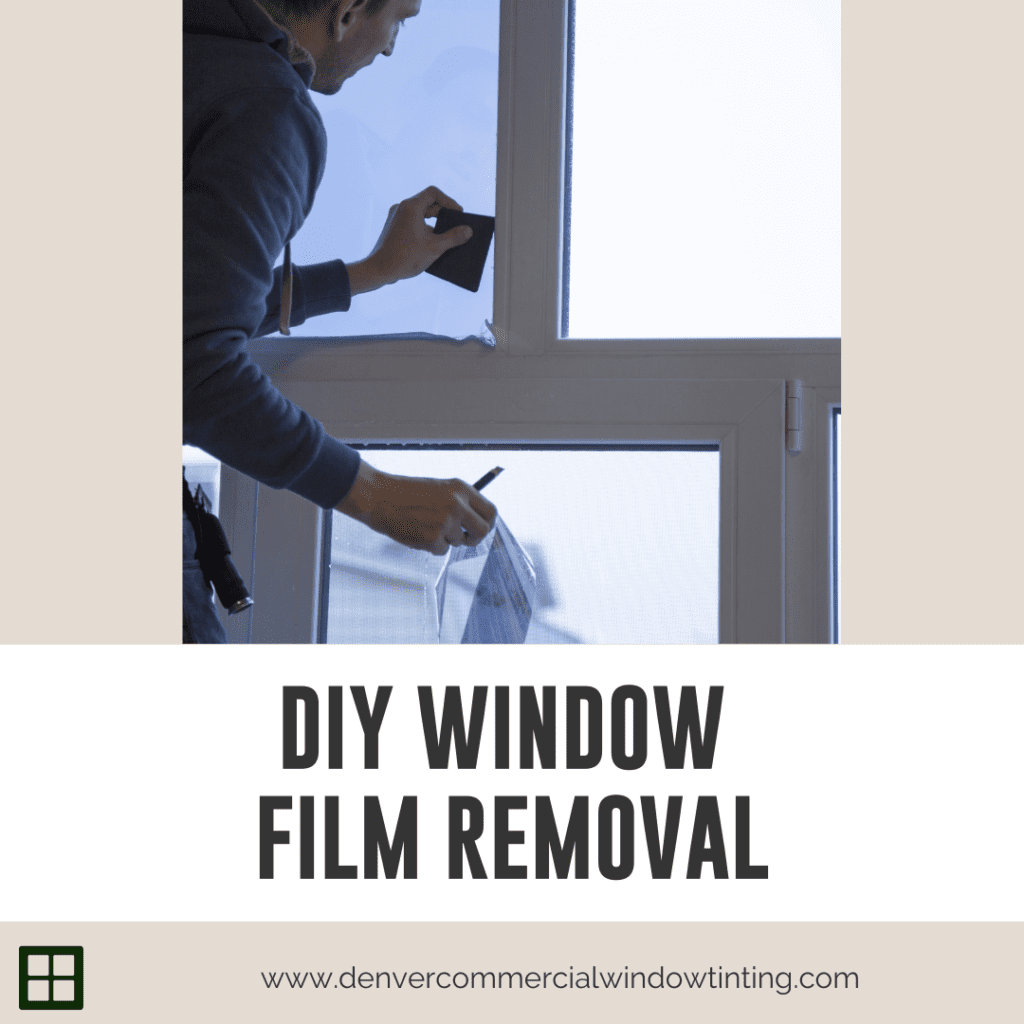Installing window film for your Denver office or commercial building is a great way to protect your property from the heat. But did you know that there are “winter window films” as well? Also called “low-e window film,” these special products help trap heat indoors when it gets cold outside.
Below, we’ve answers some common questions about low-e window film like how do they work? And, how effective is winter window film anyway? Keep reading to hear the answer!
How Does Winter Window Film Work?
Most window films are designed to block heat. But winter window films use the power of low-e technology to lock heat in.
“Low-e” refers to low emissivity. Emissivity is the level of heat radiated by glass. When emissivity is low, less heat is able to be emitted through its surface. Standard windows have an emissivity of about 0.7 to 0.8 but low-e films have an emissivity of only 0.33. This makes them much better at retaining heat.
During the winter, low-e window films work to make your office or building warmer by keeping in the heat generated by your furnace. Not only can they make your space more comfortable, but they can also save your business money on utility costs.
Does Low-E Window Film Really Work?
Absolutely, yes it does! An insulating window film like low-e film can retain up to 55% more heat during the winter. That means that you could save up to 30% on your energy costs.
Get Your Building Ready for Winter
Call today to learn more about the benefits of winter window film in Denver.




About The Author: Mike Kinsey
Mike Kinsey is the Chief Operating Officer at Denver Commercial Window Tinting and has been installing window film for over a decade. His background includes years of experience in the construction industry as well as extensive project management. Mike oversees all day to day operations at the Denver branch, including onsite management of window film installations, sales, and customer relations. His knowledge of security, privacy/decorative, and energy efficient window film products is extensive, giving him the skill and aptitude to select the ideal film for any application. Mike's expertise is backed by certifications from 3M, EnerLogic, and AIA for continuing education.
More posts by Mike Kinsey